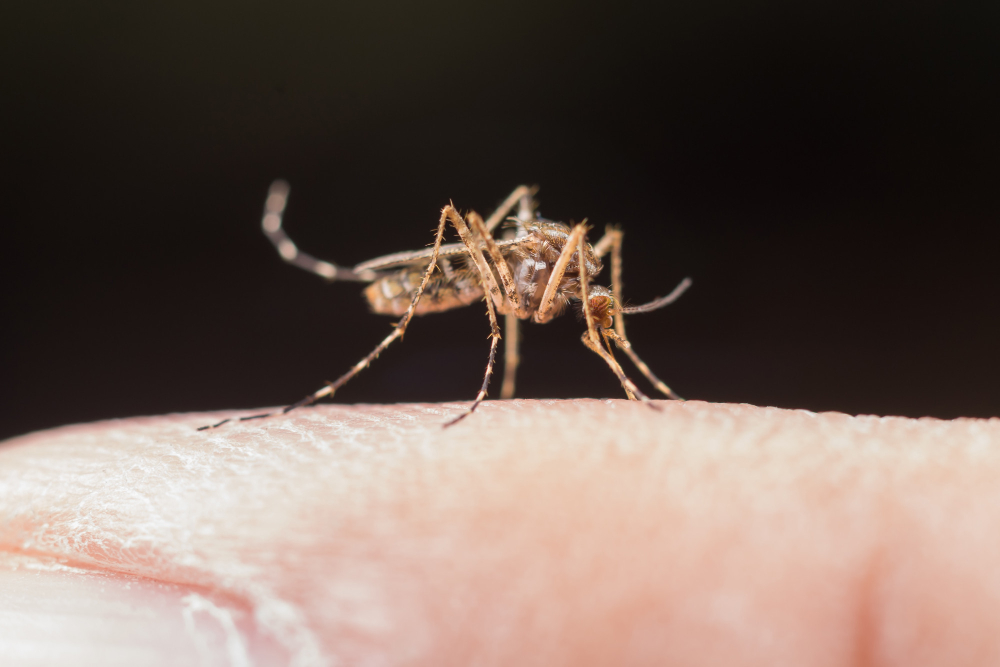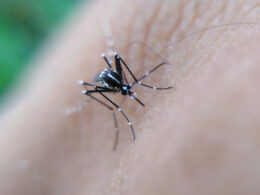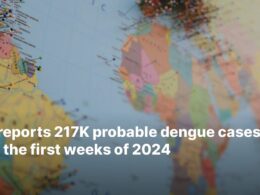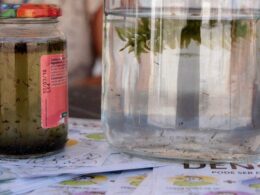the health
transformation
knowledge portal
Joaquim Cardoso MSc
Founder and Chief Researcher, Editor & Strategist
March 20, 2024
What is the message?
The COVID-19 pandemic has potentially worsened the impact of dengue fever in India, as research suggests that antibodies from COVID-19 infection could enhance dengue virus infection.
This revelation has significant implications for vaccine development and deployment strategies, particularly in regions where dengue is endemic.
What are the key points?
Antibody Cross-Reactivity: Research conducted by the Translational Health Science and Technology Institute (THSTI) suggests that antibodies from SARS-CoV-2 infection or experimental immunization may cross-react with the dengue virus (DENV-2), potentially exacerbating dengue infection in animal cells.
Implications for Vaccine Development: These findings underscore the importance of considering the impact of SARS-CoV-2 antibodies on dengue infection when developing and deploying COVID-19 vaccines, especially in areas where dengue is prevalent. Such considerations are crucial to mitigate the risk of unintended consequences and ensure effective public health strategies.
Surge in Dengue Cases: Concurrently, dengue cases have surged across India, particularly in states like Uttar Pradesh and Tamil Nadu. The anticipation of a rise in dengue cases during the northeast monsoon season underscores the urgency of addressing the potential synergistic effects of COVID-19 and dengue infections on public health systems.
Clinical Manifestations of Dengue: Dengue fever presents a range of symptoms, including high fever, severe headaches, joint and muscle pain, rash, and bleeding tendencies. Severe cases may lead to dengue hemorrhagic fever, characterized by plasma leakage and low platelet counts, necessitating prompt medical attention and intervention.

This article was published by Mint and written by Sanchari Ghosh on October 20, 2023.
Antibodies from COVID-19 can enhance dengue infectionDengue cases surge in Uttar Pradesh and Tamil Nadu
The COVID-19 pandemic may have exacerbated the clinical progression of dengue, a prevalent vector-borne disease in the country, a recent report showed.
The research, titled “SARS-CoV-2 antibodies cross-react and enhance dengue infection” was carried out by a team at the Translational Health Science and Technology Institute (THSTI) under the central government’s department of biotechnology.
The report claimed, antibodies from SARS-CoV-2 infection or experimental immunization in animals can cross-react with DENV-2, a dengue virus serotype, potentially enhancing dengue infection in animal cells.
It said, “This study is the first to demonstrate that anti-SARS-CoV-2 antibodies can cross-react with DENV-2 (dengue virus 2) and can enhance its infection through antibody- dependent enhancement (the ability of antibodies from a previous infection to help a virus infect greater numbers of cells than it would have on its own).”
These findings have implications for SARS-CoV-2 vaccine development and deployment strategies in regions where dengue is endemic, it adds.
The study has been published on the preprint server for medical sciences, bioRxiv, but it is yet to be peer-reviewed.
Dengue cases are likely to rise
Meanwhile, dengue cases have surged across the country, including Uttar Pradesh and Tamil Nadu.
On Wednesday, the government data in Uttar Pradesh indicated 24 deaths in the state so far. However, the toll would increase if the data from private hospitals is also included.
Also, Tamil Nadu Health Minister Ma Subramanian on Thursday said with the northeast monsoons around the corner, the government is anticipating a rise in the number of dengue cases.
“In November and December, around 1,000 to 1,500 dengue cases are expected due to the northeast monsoon,” he said.
Dengue symptoms encompass high fever, severe headaches, joint and muscle pain, rash, and bleeding tendencies. Severe cases, termed dengue hemorrhagic fever, may lead to plasma leakage and low platelet counts.
To read the original publication, click here.











